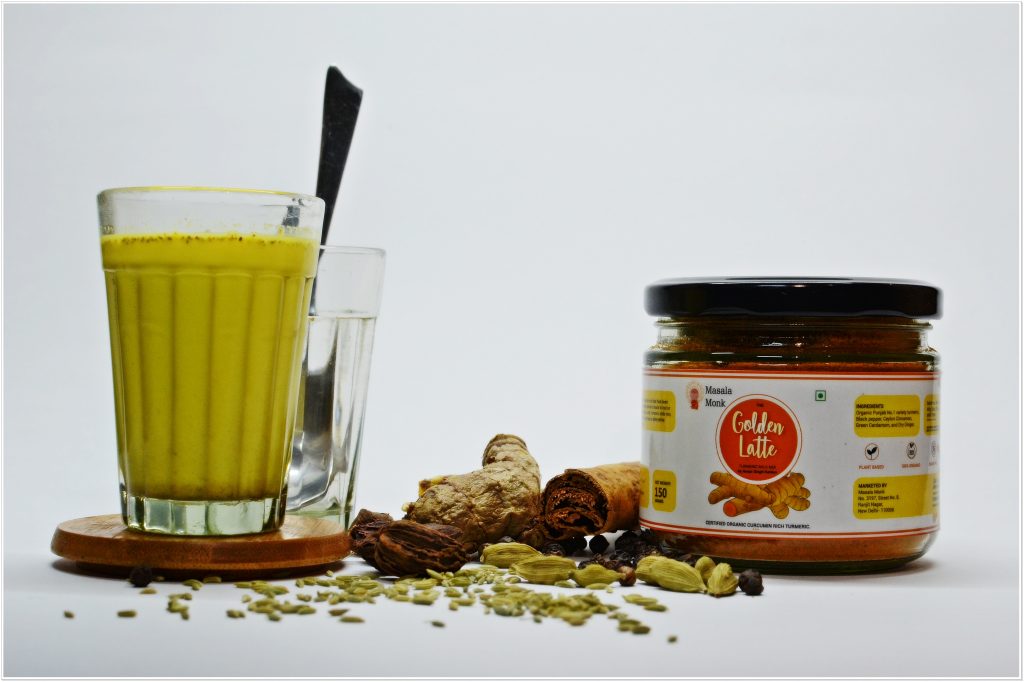In a captivating video by Business Insider, the murky world of counterfeit foods is meticulously unraveled, revealing shocking truths about the food industry’s clandestine operations. The video, which can be watched here, delves deep into the sophisticated networks of food fraud, exposing how common and potentially harmful counterfeit foods are in our daily consumption.
The Art of Counterfeiting Foods
From the luxurious realms of Parmigiano-Reggiano cheese and Wagyu beef to the everyday essentials like honey and olive oil, no food product seems to be immune to the clutches of counterfeiting. The video reveals that the counterfeit food industry is not a realm of small-time crooks but rather a well-oiled machine operated by organized crime rings. These rings meticulously study consumer trends, employ food scientists, and operate sophisticated factories, often nestled amidst legitimate operations, making detection a Herculean task.
The Global Impact
The global impact of these counterfeit operations is staggering. For instance, the Parmigiano-Reggiano industry in Italy faces a loss of market share and value due to counterfeit cheeses, which are estimated to rake in illegal sales of up to 2 billion dollars each year. Similarly, the honey industry faces a crisis where more honey is being sold globally than the world’s bees are capable of producing, pointing towards a massive influx of counterfeit honey in the market.
The Consumer’s Dilemma
For consumers, differentiating between genuine and counterfeit products becomes a daunting task. The video provides insightful tips, such as checking for certification labels, avoiding products labeled as blends, and being wary of prices that seem too good to be true. However, the onus also falls on regulatory bodies and the food industry to ensure stricter enforcement of laws and penalties to curb the proliferation of counterfeit foods.
The Way Forward
While the video paints a grim picture of the counterfeit food industry, it also offers a glimmer of hope. Through consumer awareness, technological advancements like blockchain for tracking supply chains, and stricter legal enforcement, the tide against counterfeit foods can be turned. The video serves as a powerful reminder of the power consumers wield in demanding transparency, quality, and authenticity in the foods they consume.
FAQs
- What are some common foods that are often counterfeited?
- The video highlights several foods such as Parmigiano-Reggiano cheese, honey, olive oil, Wagyu beef, and even coffee as being susceptible to counterfeiting. These foods are often mixed with inferior ingredients or completely faked to deceive consumers.
- How can consumers identify counterfeit foods?
- Consumers can look for certification labels, avoid products labeled as blends, and be cautious of prices that seem unusually low. Additionally, certain physical characteristics, like the appearance and smell of the product, can also offer clues about its authenticity.
- What impact does food counterfeiting have on the industry and consumers?
- Counterfeit foods can lead to economic losses for genuine producers and can also pose health risks to consumers due to the unknown origins and ingredients of counterfeit products.
- What measures are being taken to combat food counterfeiting?
- Measures include stricter legal enforcement, technological advancements like blockchain for tracking supply chains, and consumer awareness and education to demand transparency and authenticity in food products.
- Is there any way to ensure the authenticity of the foods purchased?
- Purchasing foods from reputable sources, verifying the origin of the products, and looking for certifications are some ways to ensure the authenticity of the foods purchased.
Blog Tags
Counterfeit Foods, Food Industry, Consumer Awareness, Food Authenticity, Regulatory Enforcement, Food Fraud, Organized Crime, Food Safety











